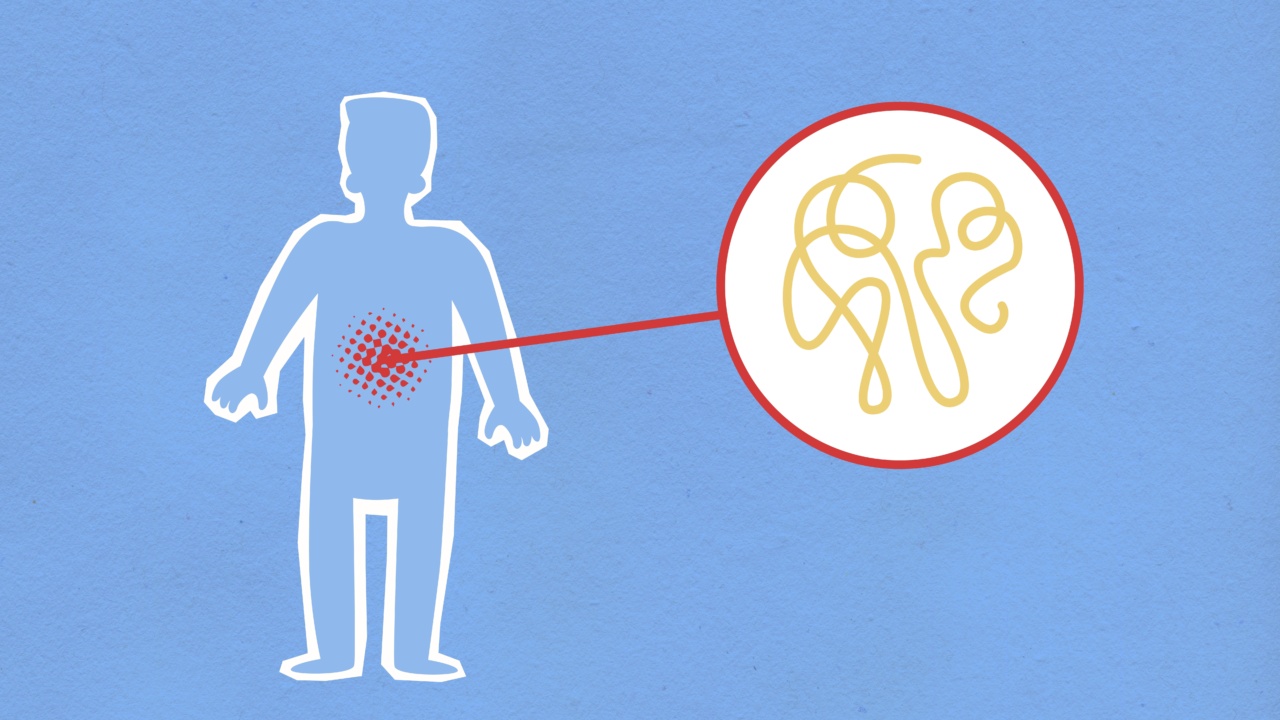Appendicitis is a common medical condition that occurs when the appendix, a small, tube-like organ attached to the large intestine, becomes inflamed.
Appendicitis can cause severe stomach pain, which is often the biggest symptom people associate with the condition. However, there are several other signs of appendicitis that can serve as a warning sign before the stomach pain sets in.
Loss of Appetite
One of the first signs of appendicitis is a loss of appetite. This usually occurs early in the condition, before the onset of severe pain. You may feel like you don’t want to eat or even think about food.
Loss of appetite can also be accompanied by nausea, vomiting and diarrhea.
Constipation or Diarrhea
Appendicitis can cause changes in bowel movements. Some people may experience constipation, while others may experience diarrhea. In some cases, there may be alternating constipation and diarrhea, which makes it difficult to determine what is going on.
Fever and Chills
Appendicitis can cause a low-grade fever that may come and go. However, if the infection is severe, you may experience a high fever that persists for several hours.
You may also experience chills, which is your body’s way of fighting off the infection.
Abdominal Swelling and Tightness
As the appendix becomes inflamed, it can lead to an accumulation of pus and other fluids inside the abdominal cavity. This can cause swelling and tightness in the lower abdomen. In severe cases, the swelling can extend to the entire abdomen.
Difficulty Passing Gas
As appendicitis progresses, you may experience difficulty passing gas. This can be a sign that the digestive system is not working properly and that something is blocking the passage of food and gas.
Pain When Urinating
It may seem strange, but appendicitis can cause pain when urinating. This is because the inflamed appendix is located near the bladder. The pain may be a dull ache or a sharp stabbing sensation.
If you experience pain when urinating along with some of the other symptoms listed here, it’s important to seek medical attention right away.
Painful Sneezing or Coughing
As the inflammation spreads, it can cause pain when you sneeze or cough. This is because the muscles in the abdomen contract when you sneeze or cough, which puts pressure on the inflamed appendix.
If you experience pain when sneezing or coughing, it’s a sign that you should seek medical attention right away.
General Malaise
As with any infection, appendicitis can cause a general feeling of malaise. You may feel tired, weak and run-down. This is your body’s way of telling you that something is wrong.
Rebound Tenderness
Rebound tenderness is a medical sign that is often associated with appendicitis. To check for rebound tenderness, a doctor will apply pressure to the lower right quadrant of the abdomen and then quickly remove their hand.
If you experience a sharp pain when the pressure is removed, it’s a sign that you may have appendicitis.
Conclusion
Appendicitis is a serious medical condition that requires prompt medical attention. While stomach pain is the most common symptom, there are several other signs of appendicitis that can serve as an early warning.
If you experience any of the symptoms listed above, it’s important to seek medical attention right away to prevent the condition from becoming more serious.




















